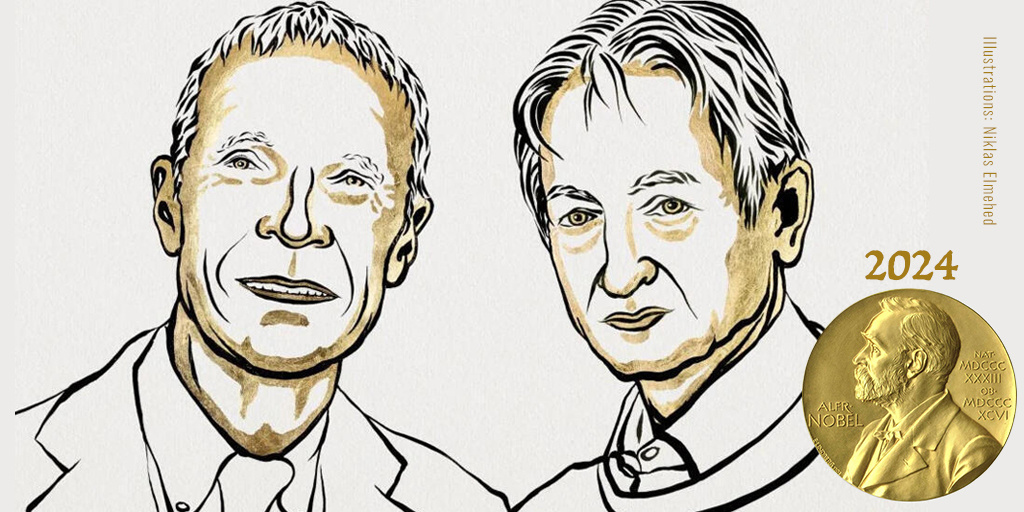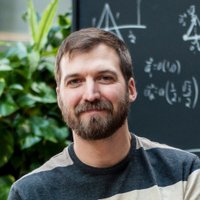
Roger Melko
@rgmelko
Professor, University of Waterloo; Associate Faculty, Perimeter Institute for Theoretical Physics
ID: 595452868
http://www.science.uwaterloo.ca/~rgmelko/ 31-05-2012 12:36:22
2,2K Tweet
3,3K Followers
165 Following
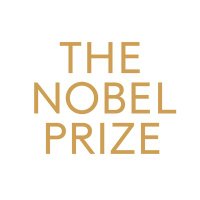




This was a years-long effort pushed forward by Aavishkar Patel and Peter. Later we will share a companion paper on improving the computational methods.

Please help spread the word for next year’s Boulder School for Condensed Matter and Materials Physics, with an incredible lineup of speakers. Please encourage your students and postdocs to apply (Deadline: January 15). boulderschool.yale.edu/2025/boulder-s… U.S. National Science Foundation CU Boulder 🦬 Yale University
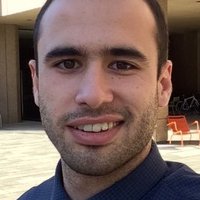
hoping to see many of you at this upcoming machine learning 4 quantum matter workshop MPI-PKS Dresden in Dresden (Feb 24-28, '25): pks.mpg.de/mlqmat25 application *deadline* is _Nov 30_ !

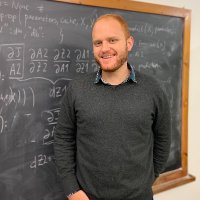
It was a pleasure to organize last week's workshop on AI for quantum tech Max Planck Institute for the Science of Light ! Thank you to all our attendees for the lots of inspiring works presented and the very insightful discussions. The future of AI x quantum tech is looking great! 🚀

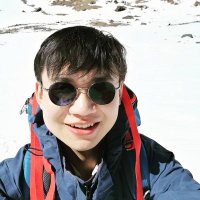
we have a full-time opening on compiler engineer at QuEra Computing Inc.! job-boards.greenhouse.io/queracomputing… is an exciting moment to work on the this new direction of software and algorithm, if you know a talent compiler engineer, quantum compilation researcher, please forward to them!




We are excited to announce our partnership with Open Quantum Design (OpenQuantumDesign). Together, we aim to democratize quantum computing, accelerate research and fuel industry applications. Read more🔗👇



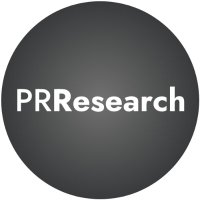
Statistical mechanics and machine learning of the 𝛼-Rényi ensemble, Andrew Jreissaty and Juan Carrasquilla Juan Felipe Carrasquilla Álvarez Vector Institute ETH Physics #StatisticalPhysics #MachineLearning go.aps.org/4hiYIfb




Very happy to finally share my work in collaboration with the Google Quantum AI team, where we developed a new variant of the DMRG algorithm and used it to perform spectroscopy of transmon arrays: arxiv.org/abs/2506.24109



